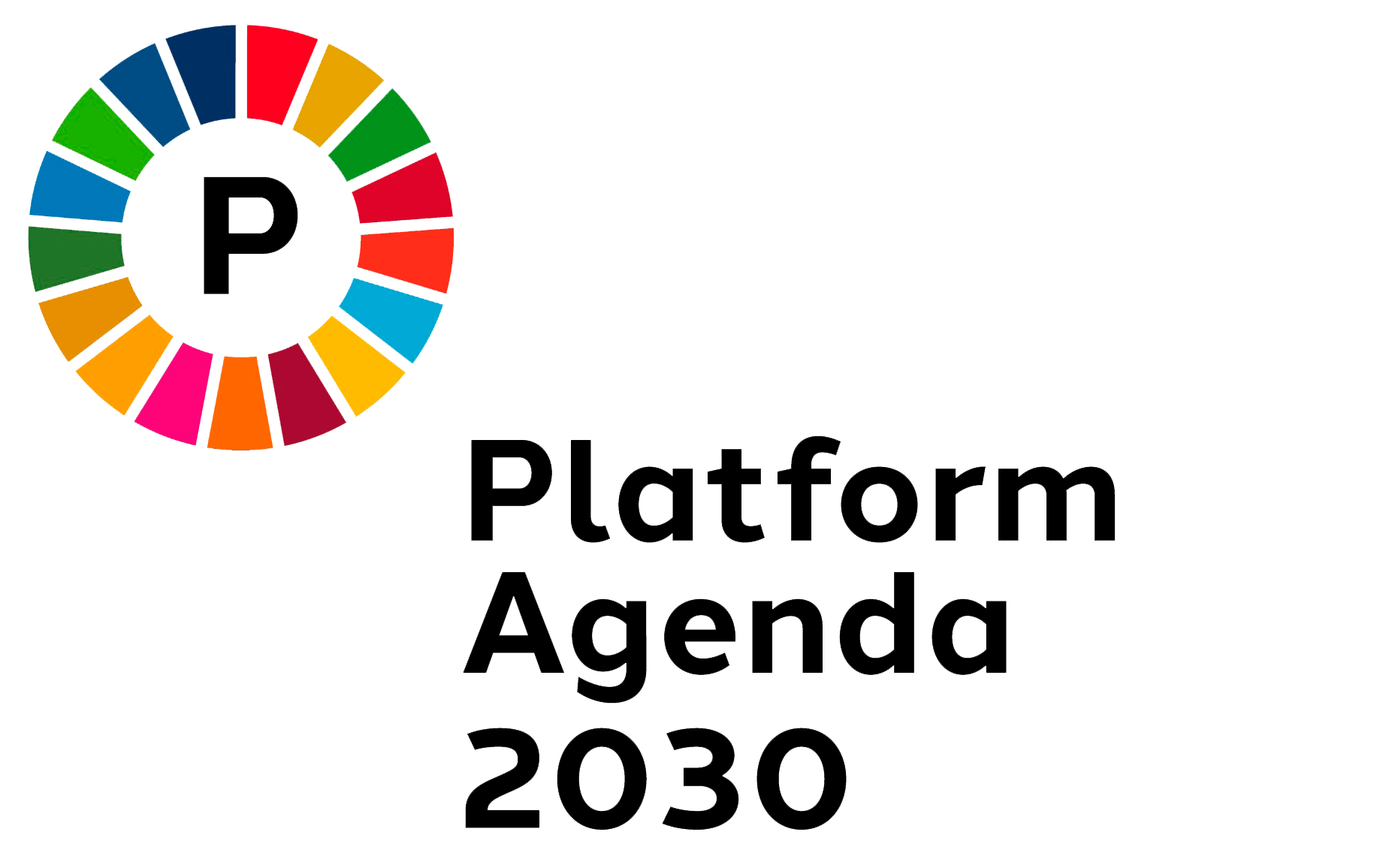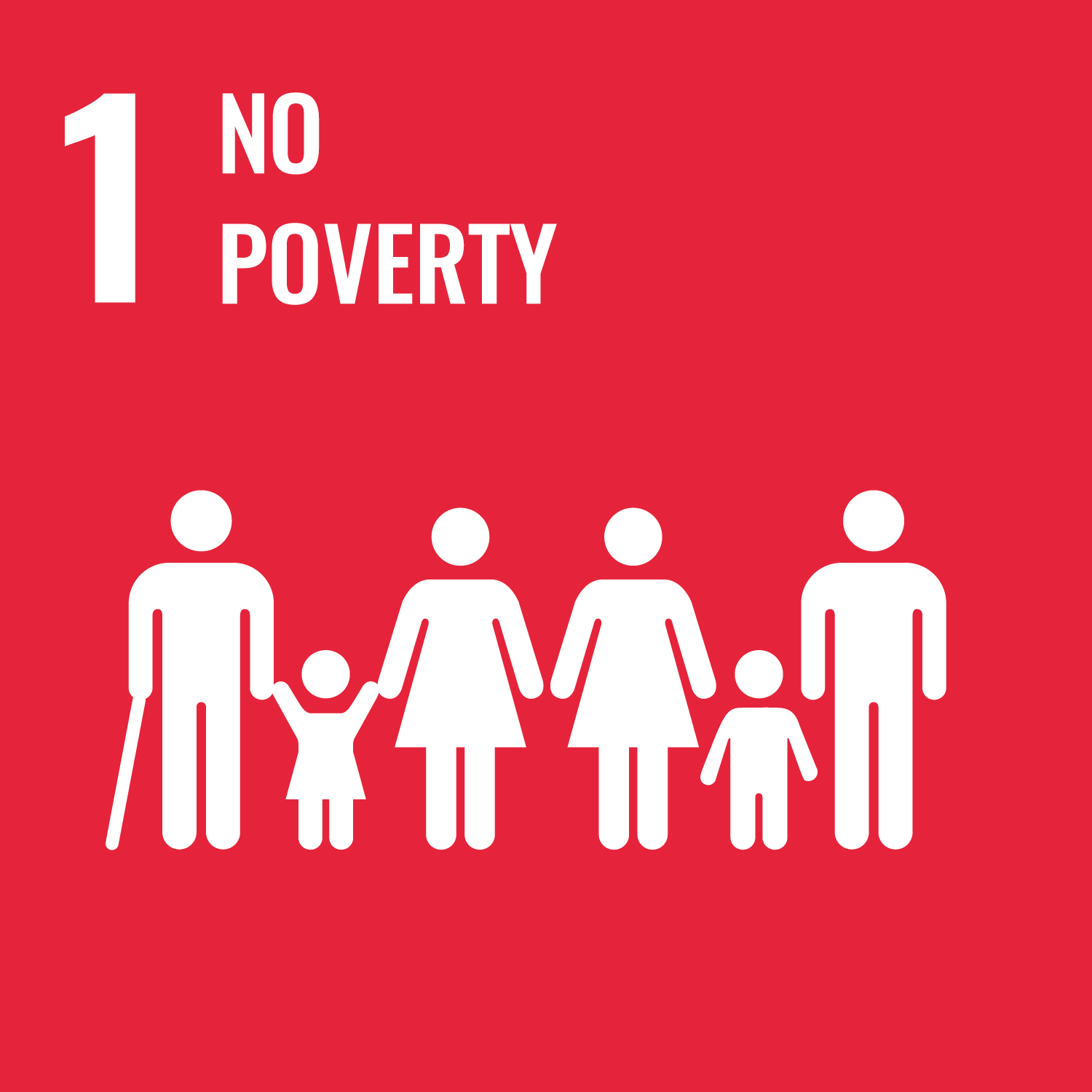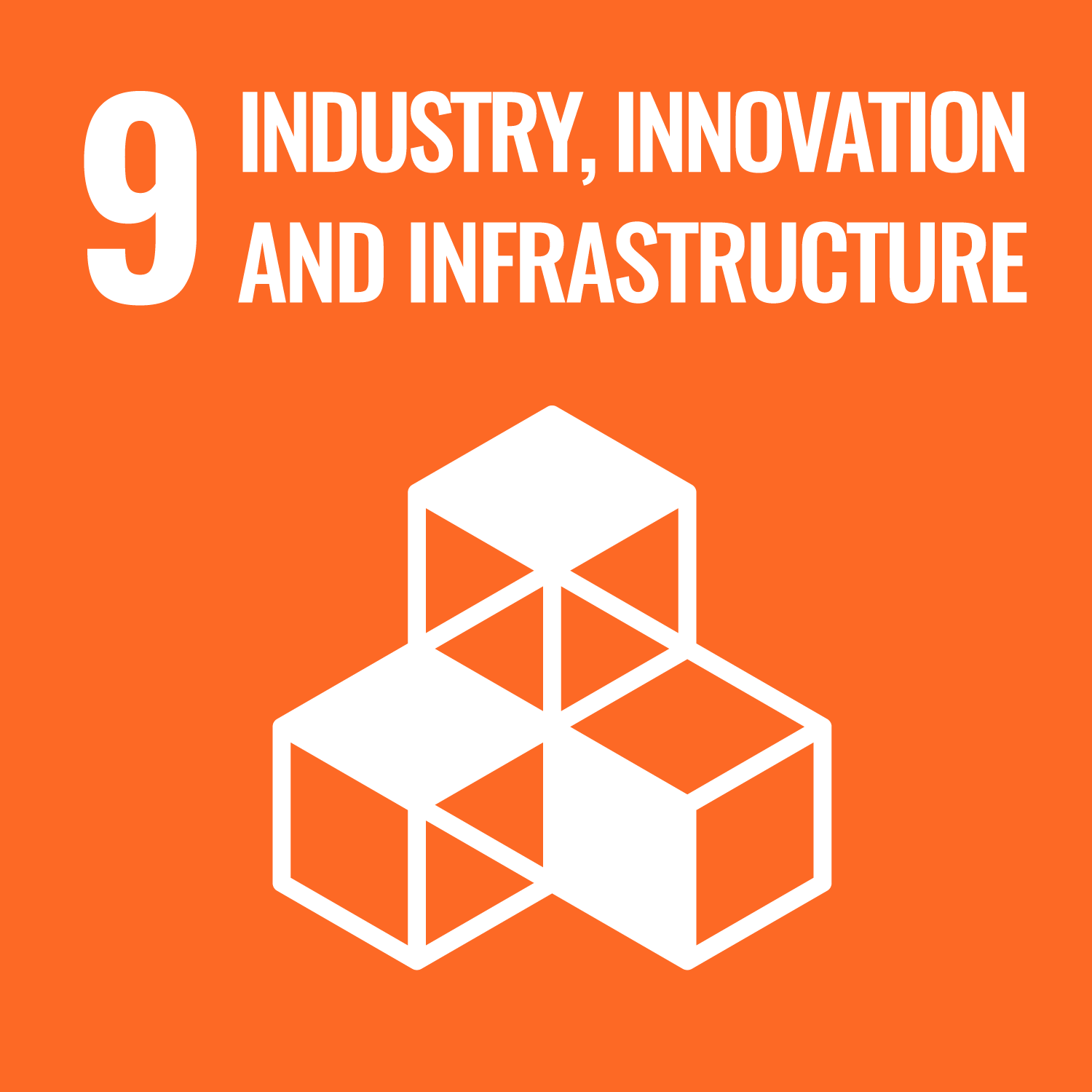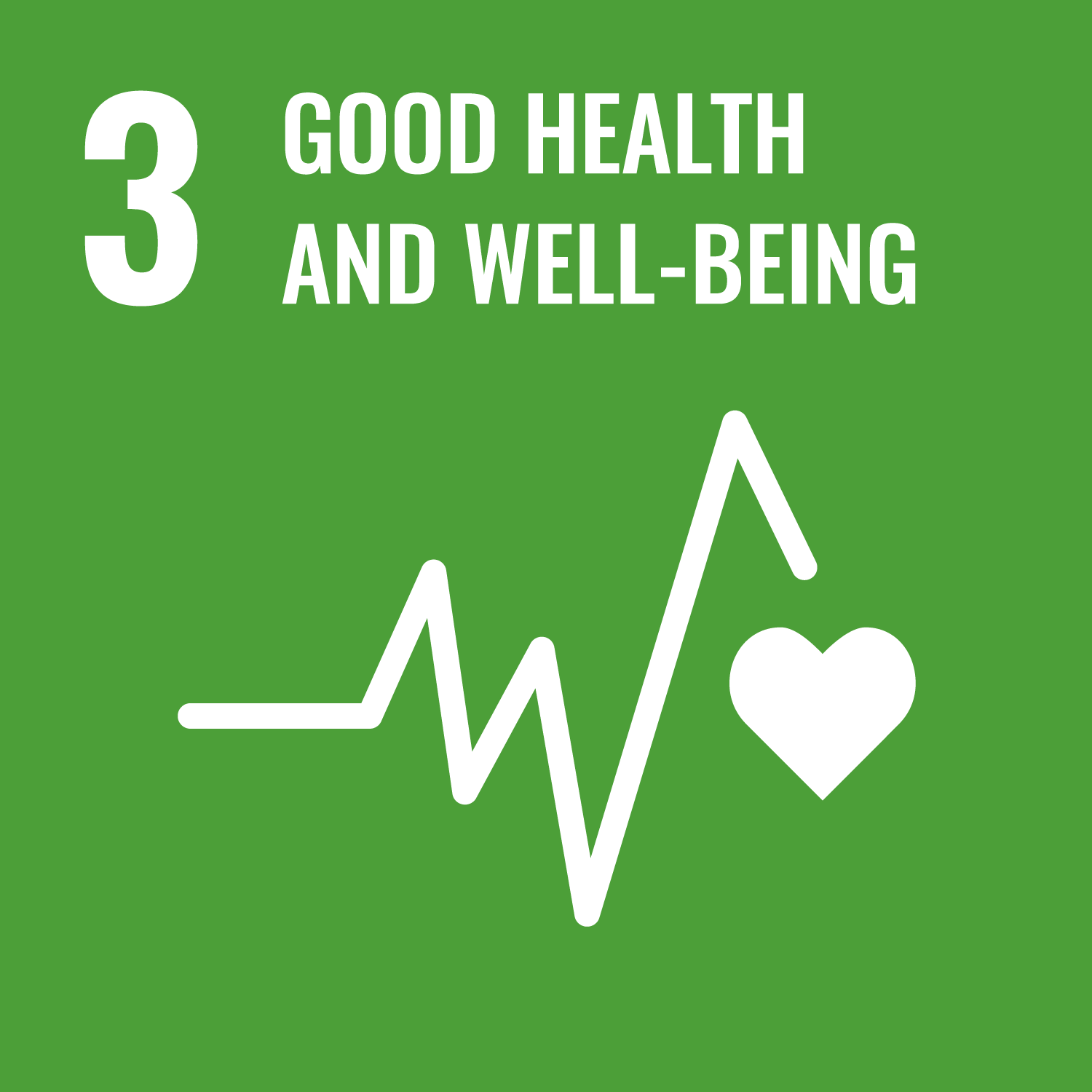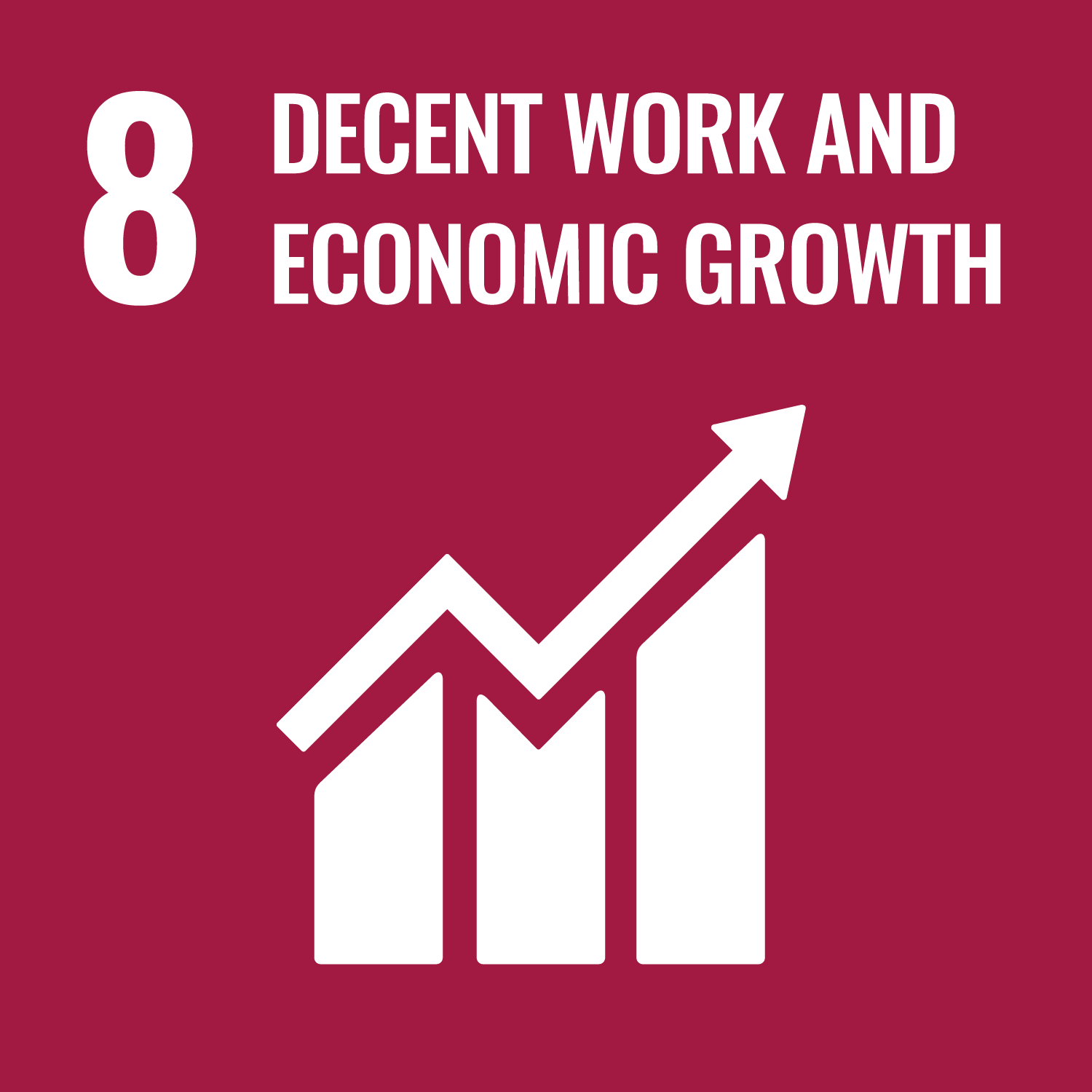Switzerland’s responsibility for healthy oceans
Overfishing is depleting marine fish stocks, impacting biodiversity and threatening the livelihoods of millions of people worldwide, primarily small-scale fisheries and family firms. In 2017, 34% of marine fish stocks were considered overfished. Bycatch of juvenile fish or non-targeted species (including endangered species) are thrown back overboard. The use of marine fish as feed for aquaculture adds to overfishing. The UN Food and Agriculture Organization (FAO) estimates that illegal, unreported and unregulated fishing account for roughly one in five catches worldwide.
Non-sustainable shrimp aquaculture is partly responsible for the loss of mangrove forests. Meanwhile, open ocean salmon farming is contributing to the pollution of the oceans. The same is true of our agricultural system, in which intensive animal farming and use of fertilizers is generating massive levels of nitrogen and phosphorus. In Basel, more than 40,000 tonnes of nitrogen per year is exported via the Rhine to the North Sea.
The increase of carbon dioxide in the atmosphere is resulting in the increasing acidification of the world’s oceans. This impacts particularly on corals and shellfish, as it reduces their ability to harden their shells, skeletons or other calcium carbonate structures.
At the international level, for the first time in history a UN high seas treaty is to provide a global framework for protecting the seas beyond national jurisdictions. While negotiations are still ongoing, big commodities companies are pushing to open up the deep seas to mine metals such as manganese and cobalt. This threatens a barely understood ecosystem. In negotiations on marine genetic resources and equitable benefit-sharing, Switzerland risks one-sidedly protecting the interests of big pharma and raw materials producers.
Switzerland can apply various forms of leverage to better protect the oceans. As a nation we are one of the highest per-capita users of plastic in the world. And we are still home port to some 20 merchant vessels.
Switzerland must also play a role in international trade negotiations, be it in the WTO to work towards an end to harmful subsidies for illegal, unreported and unregulated fishing, or at the bilateral level.
Switzerland blocks market entry to all fish and seafood from illegal, unreported and unregulated fishing, and consistently implements the Ordinance on the Inspection of the Lawful Origin of Imported Marine Fishery Products. The Ordinance must be extended to include inland and freshwater fish, as well as fish and seafood destined for aquaculture feed.
By digitalising catch certificates, existing regulations are strengthened and modernised, and brought into line with the new European system.
As part of the follow-up project to agricultural policy in the post-2022 period, the federal government defines the benchmarks for environmentally friendly farming. It cuts the number of livestock and defines a reduction path for phosphorus and nitrogen.
Switzerland supports a strong and ambitious high seas treaty which provides for a Conference of Parties that is responsible for establishing marine reserves.
Switzerland supports a moratorium on deep sea mining.
In coastal areas, development cooperation projects include marine ecosystem conservation targets in addition to their basic remit of alleviating poverty.
Switzerland supports efforts towards a global, legally binding treaty on plastic pollution by 2024.
The federal government drafts a tough law requiring greater corporate responsibility that also includes the protection of marine ecosystems.
In WTO trade negotiations, Switzerland actively supports an end to harmful subsidies for illegal, unreported and unregulated fishing. Its free trade agreements contain binding sections on sustainability that set out criteria for sustainable fishing and aquaculture.
In collaboration with Iris Menn, Greenpeace, Michael Casanova, Pro Natura, Isabel Jimenez, WWF
Report as PDF
- FAO: The State of World Fisheries and Aquaculture 2020. Sustainability in action. Rome. 2020.
- The APPOLL-Forum: Avoid Plastic Pollution in Switzerland. www.appollforum.ch
